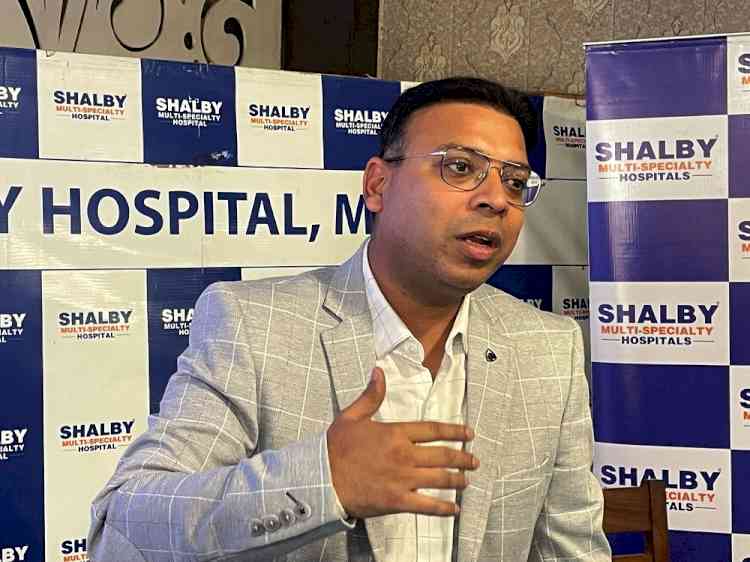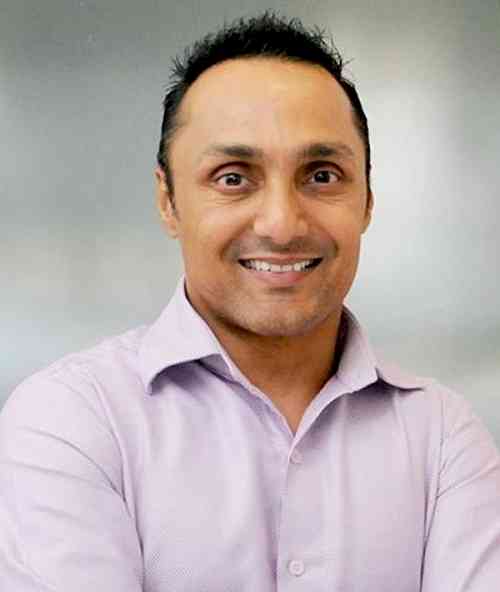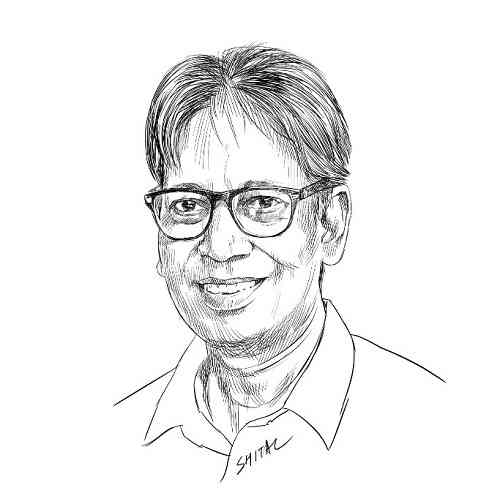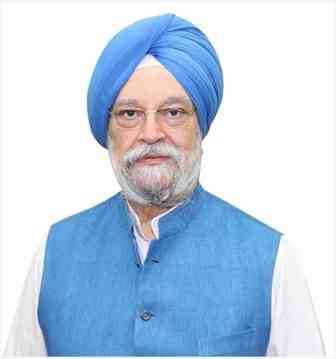Now get weight loss with a swallow pill without bariatric surgery
Fed up from obesity and hesitant about bariatric surgery either due to financial concerns or apprehensions about permanent bodily changes, here is a swallow pill that will help you to get rid of 10-15 kg of weight.

Chandigarh, February 21, 2024: Fed up from obesity and hesitant about bariatric surgery either due to financial concerns or apprehensions about permanent bodily changes, here is a swallow pill that will help you to get rid of 10-15 kg of weight.
Talking to media here on Wednesday during the announcement to introduce ‘swallowable pill gastric balloon’ at Shalby Hospital, Mohali, Dr Amit Garg bariatric & metabolic surgeon said that ‘swallowable pill gastric balloon’ is one such option which requires no surgery, endoscopy or anesthesia for patients who are looking for a temporary intervention that doesn't require ongoing surgery.
Dr Garg who has performed over 1000 bariatric surgeries explained that it's a capsule containing a balloon that you swallow, which a doctor subsequently fills with saline solution to occupy space in your stomach and induce a feeling of fullness.
After four months, the balloon naturally deflates and passes out of your body through a bowel movement. Patients typically experience a 10% to 15% reduction in their total body weight, he informed.
He further explained that the patient ingests the capsule containing the balloon and a connected catheter under medical supervision in a doctor's office. Once the catheter protruding from the patient's mouth is connected to fluid, approximately 500 ml of saline is introduced into the balloon. Once X-rays confirm full dilation of the balloon, the catheter is detached, and the patient can go about their day. The out-patient procedure typically lasts about 15 minutes. After four months, the balloon naturally opens, releases its fluid contents, deflates, and is expelled from the body through bowel movements.
Talking about its side effects, Dr Amit Garg shared that patients may experience nausea, vomiting, and abdominal discomfort as their stomach adjusts to the presence of the balloon.
Typically, these symptoms resolve within the initial three to seven days. Initially, patients follow a liquid diet, progressing to pureed and soft foods, before returning to a normal diet within seven to 14 days, he maintained.
The swallow pill balloon operates through two mechanisms, said Dr Garg explained. “Firstly, it occupies space in the stomach, prolonging the feeling of fullness. Secondly, it delays gastric emptying, extending the period food remains in the stomach and enhancing satiety,”
While the concept of swallowable, non-procedural technology is impressive, gastric balloons have limited efficacy as a long-term weight loss solution, he asserted.
Obesity is hormonally driven, while gastric balloons merely occupy space in the stomach without addressing hormonal factors. Consequently, he expressed skepticism about the durability of weight loss achieved with balloons, he emphasized.
He further added that for morbid obese patients, options like sleeve gastrectomy and mini gastric bypass are lifesaving procedures not only for weight loss but these bariatric procedures also help in remission of life threatening diseases like type 2 diabetes, hypertension, sleep apnea, fatty liver disease and many other health issues like pcod, infertility, GERD, joint pain, depression, hyperthyroidism.
Meanwhile obesity problem in India has become increasingly grave in recent years. According to data from the National Family Health Survey (NFHS) and other studies, the prevalence of obesity in India has risen significantly, particularly in urban areas and among affluent populations. Factors such as changing dietary patterns, sedentary lifestyles, and urbanization have contributed to this rise in obesity rates. Additionally, obesity is associated with various health complications, including diabetes, cardiovascular diseases, and certain types of cancer. The economic burden of obesity-related healthcare costs is also a growing concern for the Indian healthcare system.



 City Air News
City Air News 










